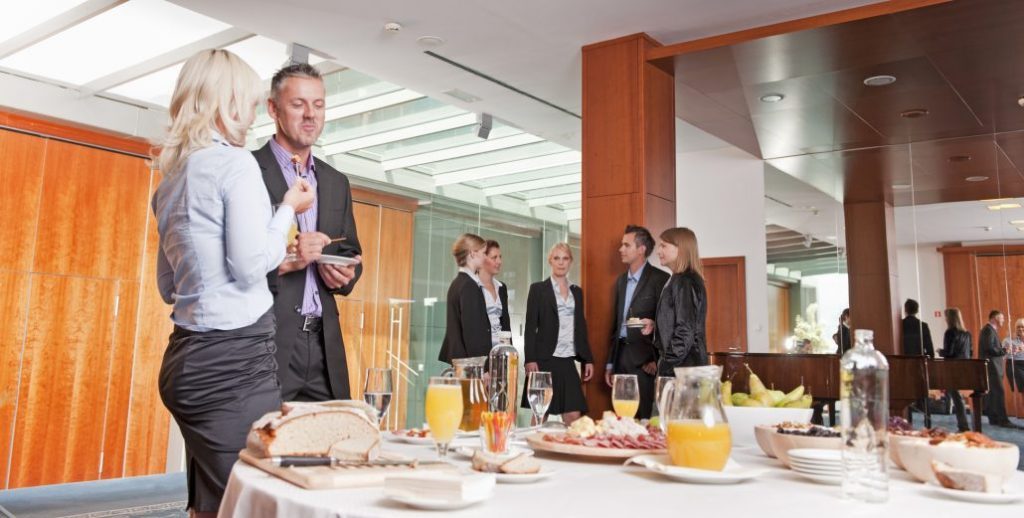Organising a Stress-Free Event
The Stress-free Event Guide:
Planning it
This is the stage where you can get creative. Sit in a room with anyone who’s going to be involved with the event and throw around ideas. Think about the 5 Ws;
WHO is attending?
Draw up an audience profile and keep coming back to it so that you can be certain that every decision is relevant to your target market.
WHAT are their expectations?
Decide how your audience are going to benefit from attending the event and build it around their need. Ensure that every aspect meets their expectations.
WHEN will the event occur?
Consider the most appropriate timing for your target market. When are they most likely to be able to attend? Fit it around their lifestyle so that it won’t conflict with their plans.
WHERE is it taking place?
Anywhere from restaurants and cinemas, to heritage sites, museums and even theme parks can host events now. Be creative but make sure that it suits the practicalities of your event.
WHY is it being hosted?
Whether you’re raising awareness of your services, sharing best practice, recruiting volunteers or launching a new project, the purpose of the event will have implications on every other aspect of it.
You’ll need to establish a timeline and budget, taking into account everything from venue hire and entertainment, to marketing, photography, catering, and a multitude of other things. At this point you’ll also need to consider who will be staffing the event. If particular hosting skills are needed, you may consider using an event staffing agency.

Promoting it
Once you’ve started to arrange the details for the event, it’s time to think about how you’re going to promote it.
Work backwards from your event date to figure out when the various aspects of your promotional campaign should take place. Remember to factor in production time for any printed materials. You can use email, social media, direct mail, networking, advertising and other platforms to notify your target market and encourage them to register.
You might consider branded materials in the build-up and also at the event in a goody bag, which could be distributed by event staff.

Making it happen
Check on the weather and local traffic reports, you won’t be able to change them but at least you’ll be aware of any issues they might cause.
When the day finally comes, it’s important that everybody working the event understands exactly what’s expected of them. Speak to all of your suppliers to confirm their roles and timings in advance of your event going live, and ensure that everyone has a copy of your event schedule. Make sure the signage that directs people to the event is clear, then walk through the venue, checking that it’s clean and that all fixtures are working. Check and double check any AV equipment you might be using and take a second walk though from the perspective of someone with a disability, removing any obvious obstacles.
Discuss any last-minute changes that may have been made. Smart phones can be used to share pictures and also to communicate on the day.
A well-organised event should leave you free to enjoy the day and, with the assistance of professional event staff, also make it enjoyable for everyone attending.
If you want to make your next event a little more stress-free, get in touch and we’ll be able to tell you how we can help.